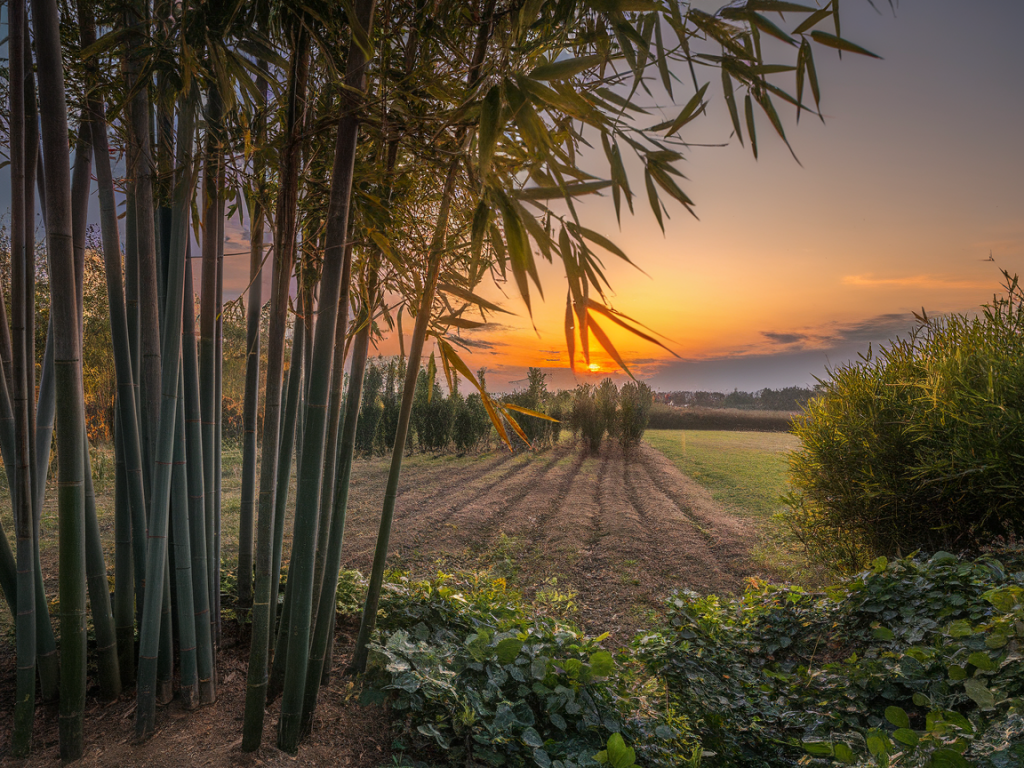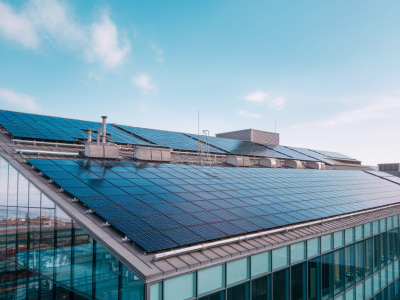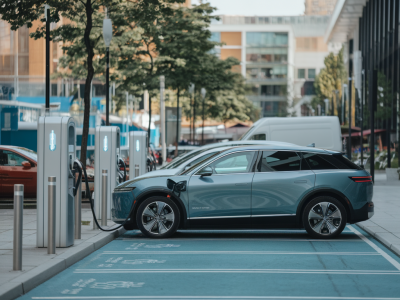
When it comes to the global fight against plastic pollution, one question I often hear is: Can bamboo replace plastic entirely? This query deserves a deep dive, as bamboo is increasingly gaining attention as an eco-friendly marvel. Many brands are marketing products made from bamboo as green alternatives to single-use plastics. But does it live up to the hype? Let me walk you through what I’ve discovered about bamboo as a sustainable alternative.
What Makes Bamboo So Special?
Bamboo is often referred to as a "super crop," and for good reason. This fast-growing grass—not a tree—holds great ecological potential. Unlike most hardwoods, which can take decades to mature, bamboo can grow up to 91 cm (35 inches) in a single day under the right conditions. Additionally, it regenerates after harvesting without the need for replanting, making it a renewable resource.
Here are some traits that make bamboo stand out as a sustainable material:
- Carbon sequestration: Bamboo absorbs more carbon dioxide and releases more oxygen into the atmosphere than an equivalent stand of trees.
- Resilient and fast-growing: It grows in a wide variety of climates and doesn’t require pesticides or fertilizers to thrive.
- Low water footprint: Bamboo’s water needs are minimal compared to crops like cotton.
- Biodegradability: When untreated, bamboo decomposes easily, breaking down into reusable organic matter.
Sounds amazing, right? But is bamboo truly capable of replacing the plastic that's embedded in nearly every part of our lives?
Bamboo in Everyday Products
Over the last decade, we’ve seen a boom in bamboo-based products claiming to replace plastic. Perhaps you've come across bamboo toothbrushes, straws, or even cutlery sets. I’ve personally swapped many single-use plastics for bamboo-based alternatives and have been pleasantly surprised.
Some popular brands leading the charge include:
- Brush with Bamboo: They offer biodegradable toothbrushes that aim to reduce the billions of plastic toothbrushes discarded yearly.
- Bamblu: Known for their bamboo bed linens, showcasing how versatile the material can be beyond its traditional uses.
- Bambaw: This sustainable brand creates bamboo straws, reusable cutlery, and other eco-friendly lifestyle products.
While these products are great for reducing plastic consumption in certain categories, bamboo hasn’t yet achieved a sweeping replacement of plastic in every industry.
How Does Bamboo Stack Up Against Plastic?
Plastic dominates our world because it’s durable, lightweight, and inexpensive to produce. However, these same traits make plastic an environmental nightmare, as it can take hundreds of years to decompose while shedding harmful microplastics in the process.
Bamboo, on the other hand, is biodegradable and offers competitive durability (though not as long-lasting as conventional plastic when exposed to moisture or pressure). Below is a quick comparison to better illustrate:
| Feature | Bamboo | Plastic |
|---|---|---|
| Durability | Moderate (lasts years but not forever) | High (virtually indestructible in natural settings) |
| Environmental Impact | Biodegradable, renewable, and low carbon footprint | Non-biodegradable, high pollution levels |
| Manufacturing Process | Sustainable when harvested correctly | Relies heavily on petroleum |
Clearly, bamboo presents a significant environmental advantage. However, its practicality is often questioned when manufacturing products. Let’s get into why bamboo isn’t a perfect one-size-fits-all solution.
The Challenges of Bamboo as a Plastic Alternative
Despite being a sustainable champion, bamboo has some limitations when replacing plastic:
- Processing methods: For certain bamboo-based products, especially textiles like bamboo rayon, the material undergoes chemical treatments that may reduce its environmental benefits.
- Cost: Bamboo-based products can sometimes feel expensive, making them less accessible to the average consumer.
- Structural limitations: Bamboo is naturally durable, but it doesn’t always perform as well as plastic in terms of flexibility and strength for complex applications like electronics or medical equipment.
- Adequate supply chain: Increased demand for bamboo has led to monoculture farming in some regions, which can disrupt local ecosystems if not managed responsibly.
That being said, the use of bamboo in sustainable alternatives is still a leap forward compared to single-use plastic. It may not solve every problem, but it is part of a larger solution where innovation and compromise are key.
Where Can It Truly Make a Difference?
While bamboo may not replace all forms of plastic, its capabilities shine in specific areas:
- Everyday disposables: Products like straws, cutlery, and toothbrushes are ideal for bamboo transformation. Their degradation rate makes them far superior to plastic equivalents.
- Furniture and home goods: Bamboo’s natural sturdiness makes it an excellent material for furniture and household items like cutting boards or shelves.
- Packaging: Many brands are exploring bamboo-based packaging as a compostable alternative to plastic wrappers and cases.
If you’re looking to reduce your personal plastic footprint, embracing bamboo products in these categories is a fantastic place to start.
What Can Consumers Do?
Making informed choices is crucial, and that’s where you, dear reader, have immense power. Here are some steps to help you integrate bamboo into your life:
- Choose bamboo-based products for single-use plastics like straws, utensils, or cotton swabs.
- Research the manufacturing process of bamboo items; opt for brands that use eco-responsible methods.
- Advocate for circular economy practices in your community—composting bamboo products rather than landfilling them is key.
While bamboo alone won’t solve our global plastic crisis, its potential to revolutionize certain industries is undeniable. Through mindful consumption and support for sustainable innovations, we can usher in a plastic-free future, one bamboo product at a time.

